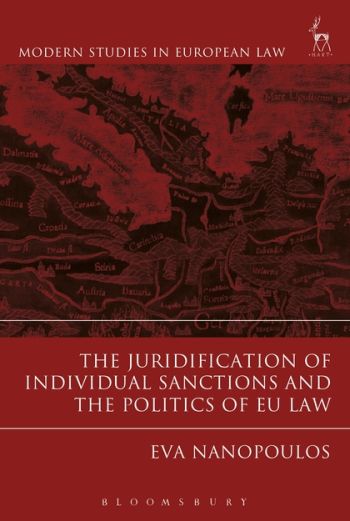
The use of individual sanctions by the EU, whether adopted to give effect to Resolutions of the UN or at the EU's own initiative, has been the object of a marked process of juridification. This process is partly linked to the individualised dimension of modern sanctions, which required the development of new legal tools, both for their effectiveness and legitimation. But it is also linked to a wider reconfiguration of sanctions, blurring the divide between war and peace, in which the individualisation of sanctions, but also their diversification and normalisation are altogether embedded. Contrary to conventional narratives, whereupon individual 'smart' sanctions emerged because of humanitarian and effectiveness concerns about comprehensive sanctions, and would have subsequently evolved to reflect changing conceptions of security, these trends are closely linked to the management of the post-colonial capitalist order and its 'enemies'. In that context, the more pronounced role of law in the EU must be linked not only to the place of the individual in the EU legal order, but to the role of law in the building and reproduction of European capitalism. As EU law becomes more politicised, however, the contradictions embedded in the process of juridification will continue to increase.